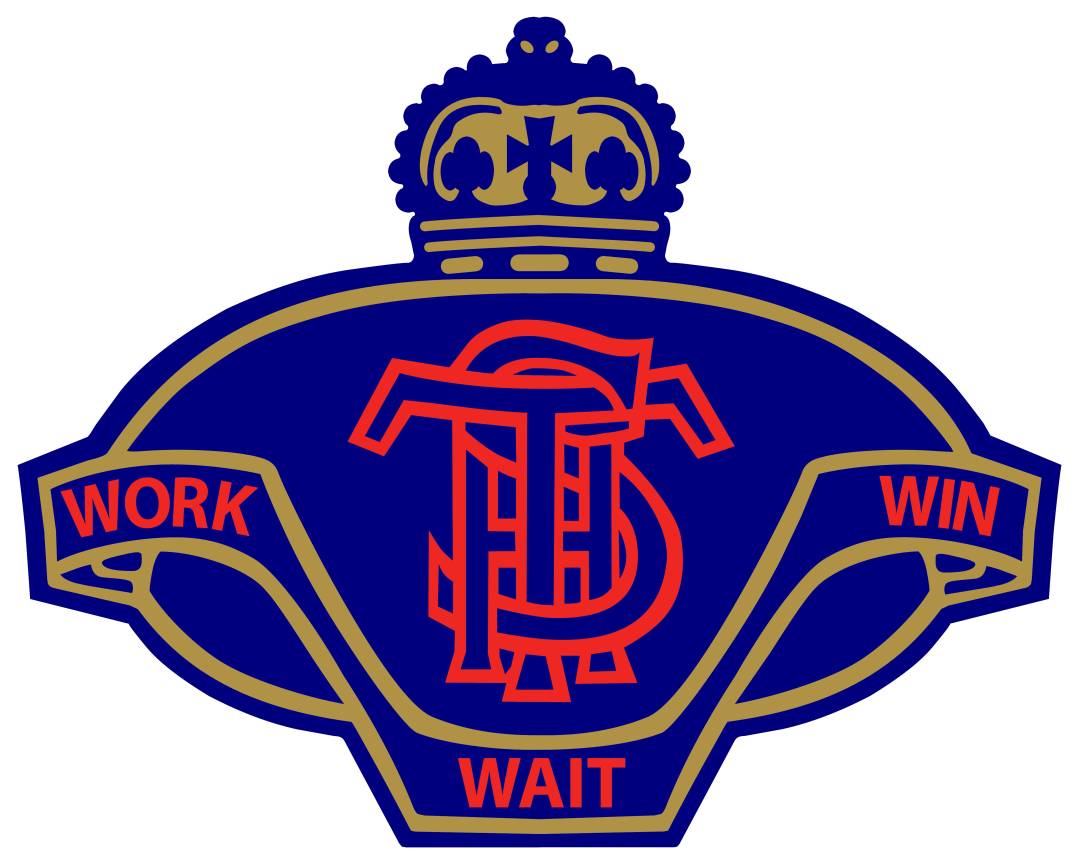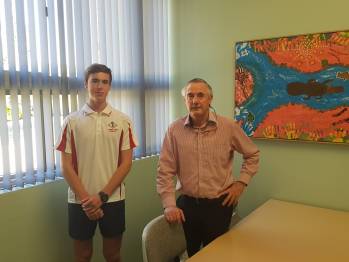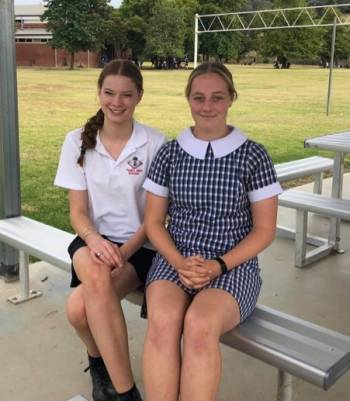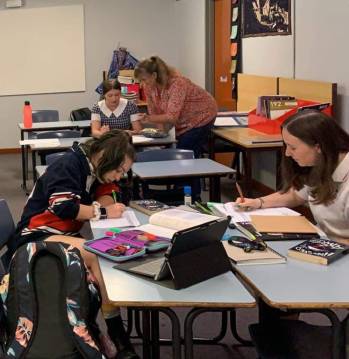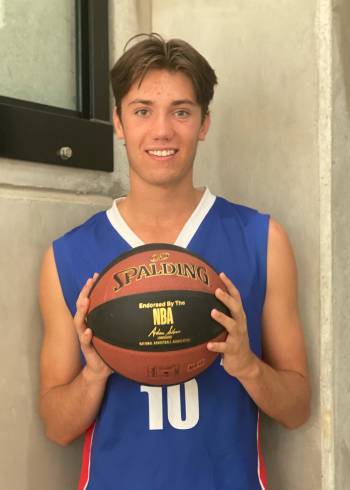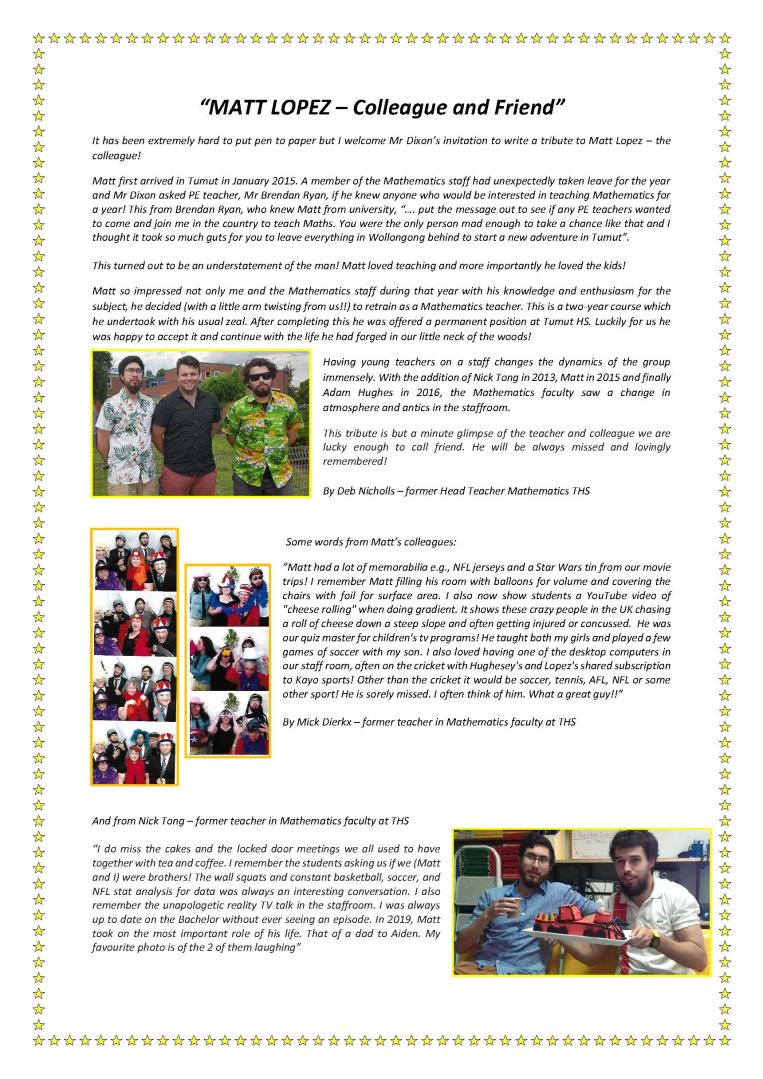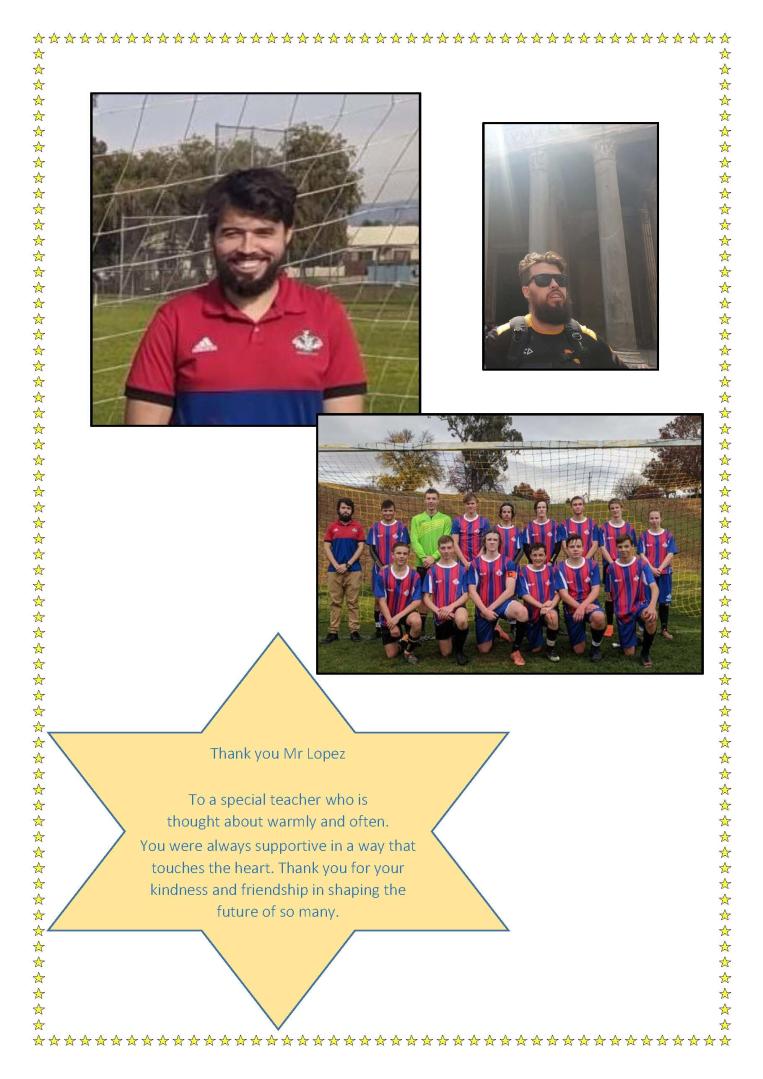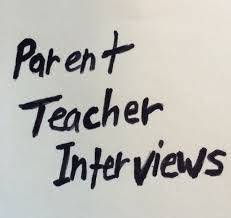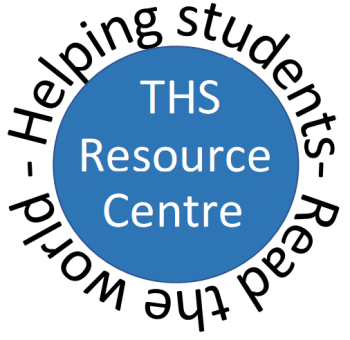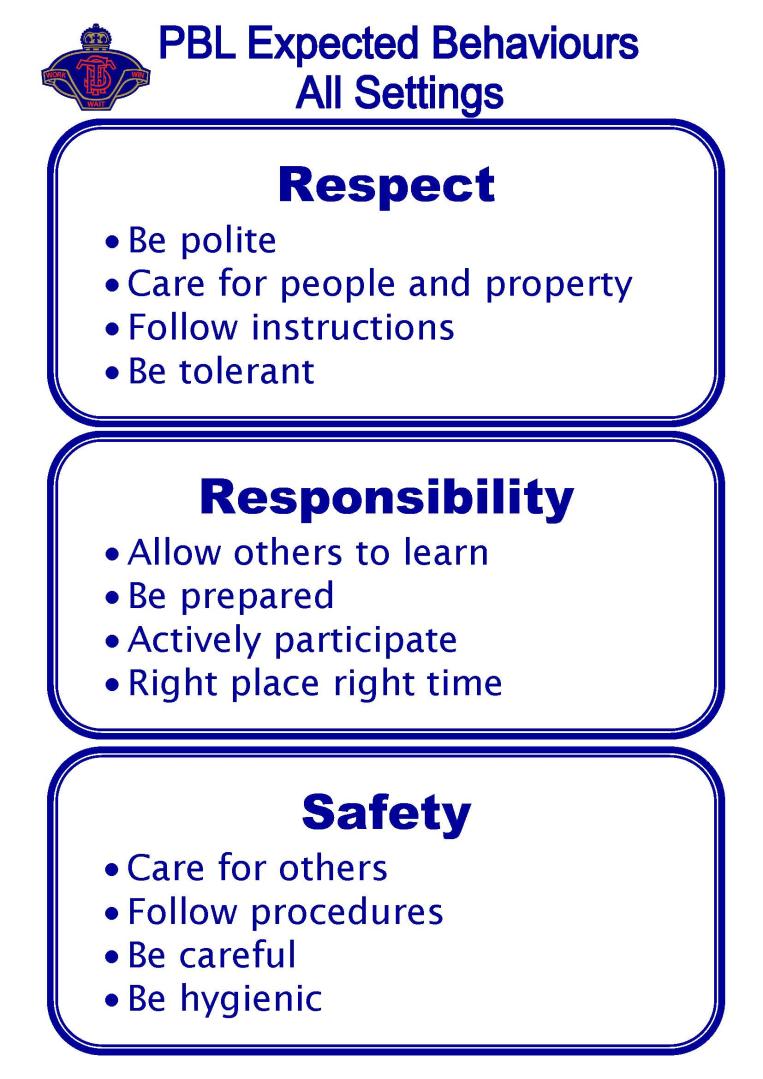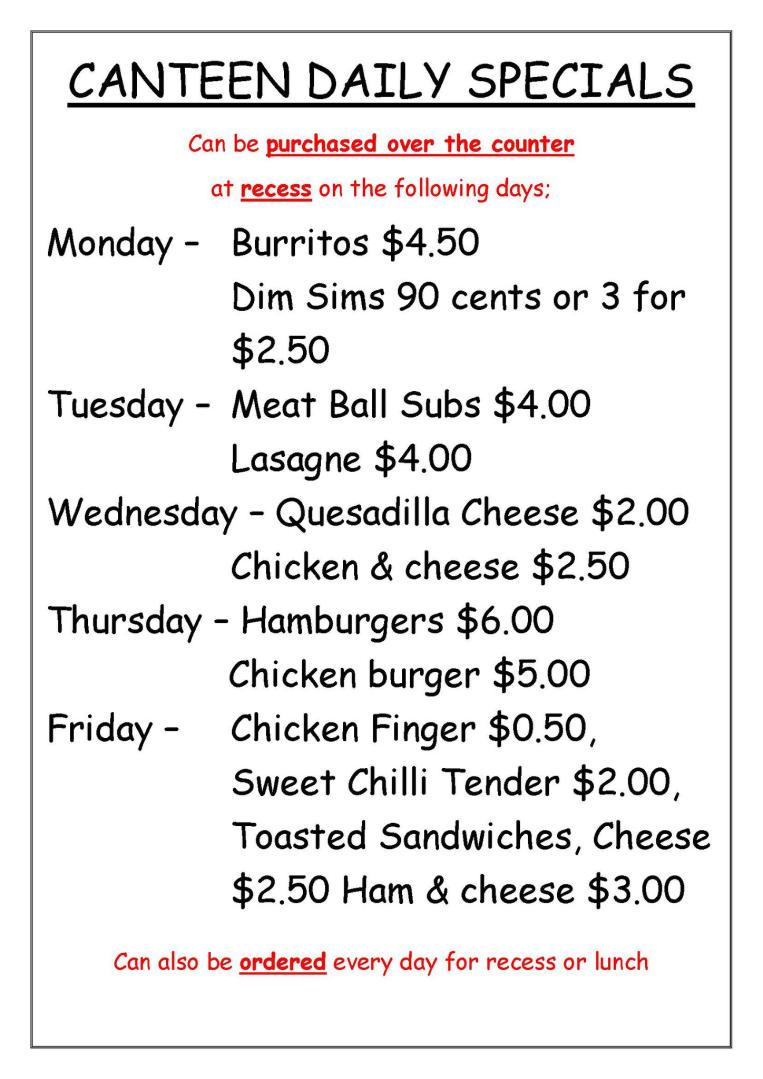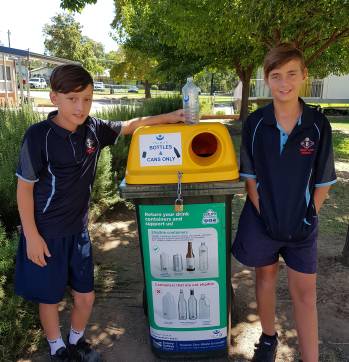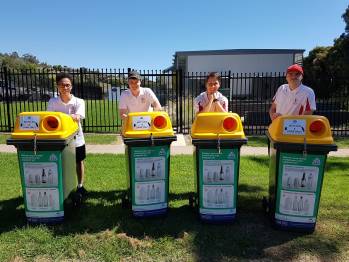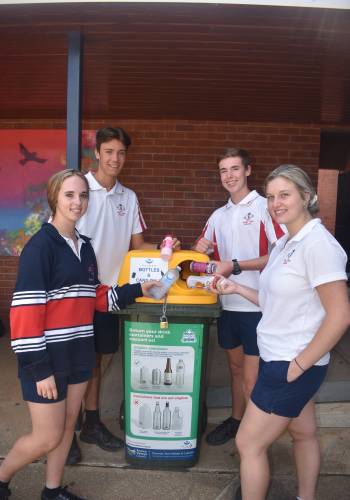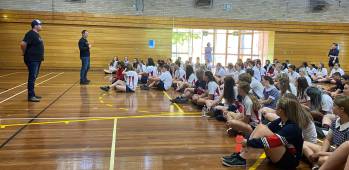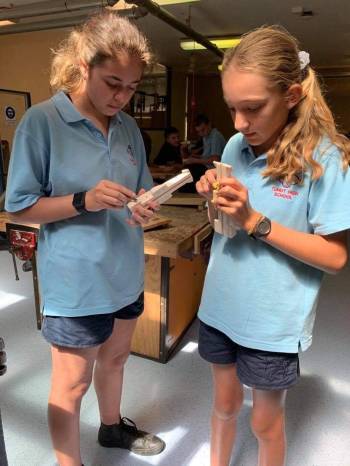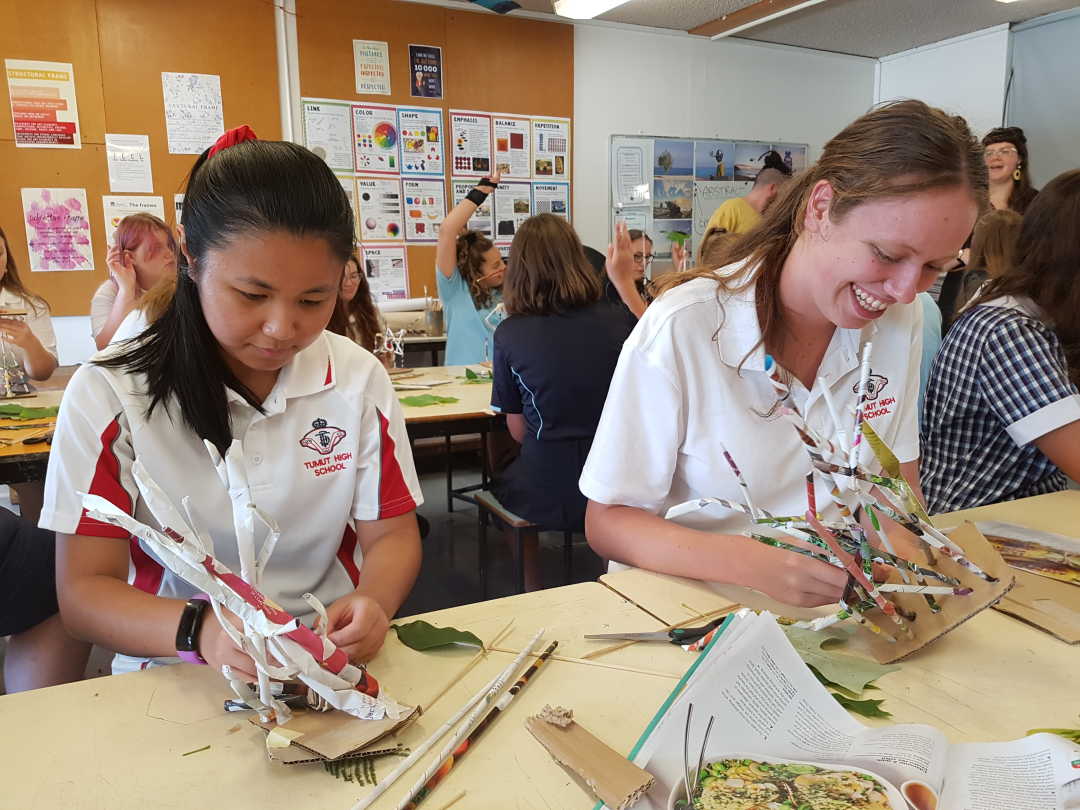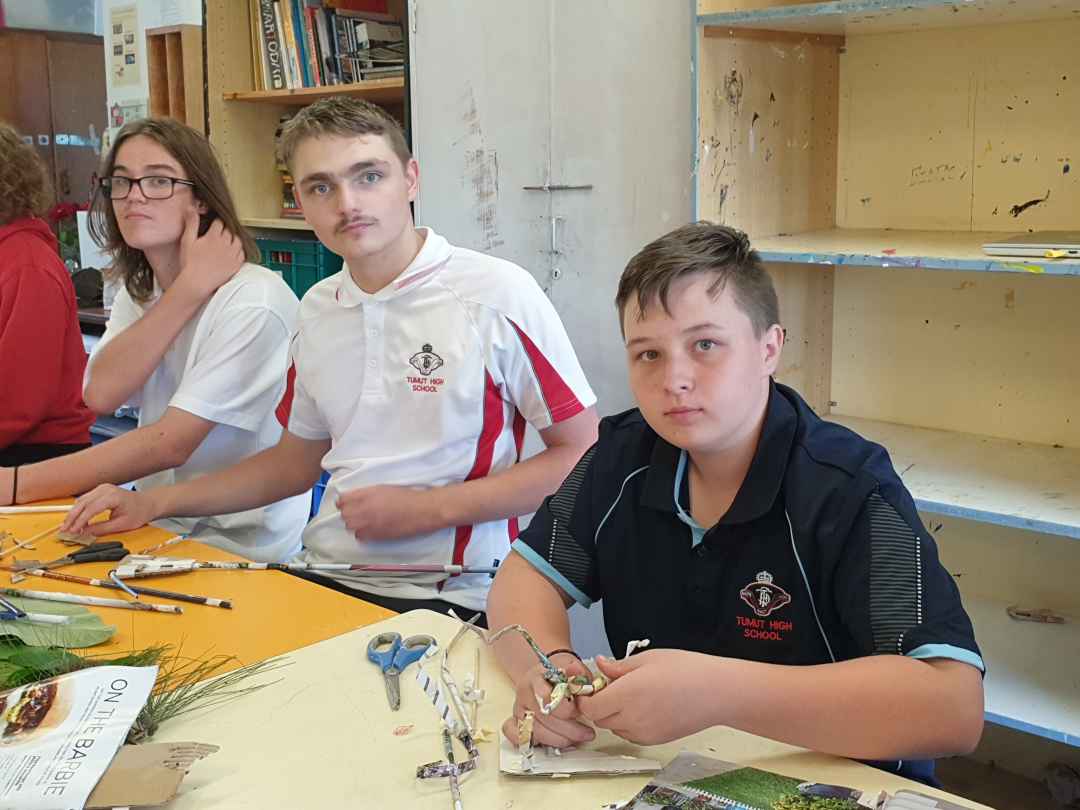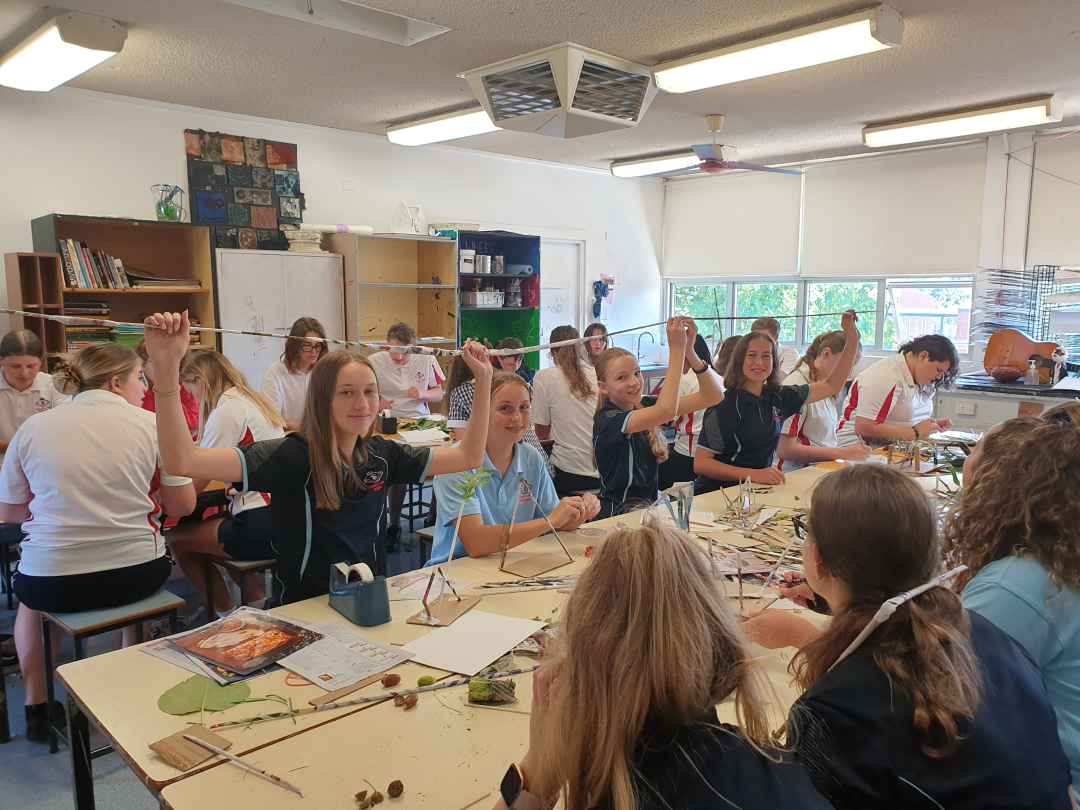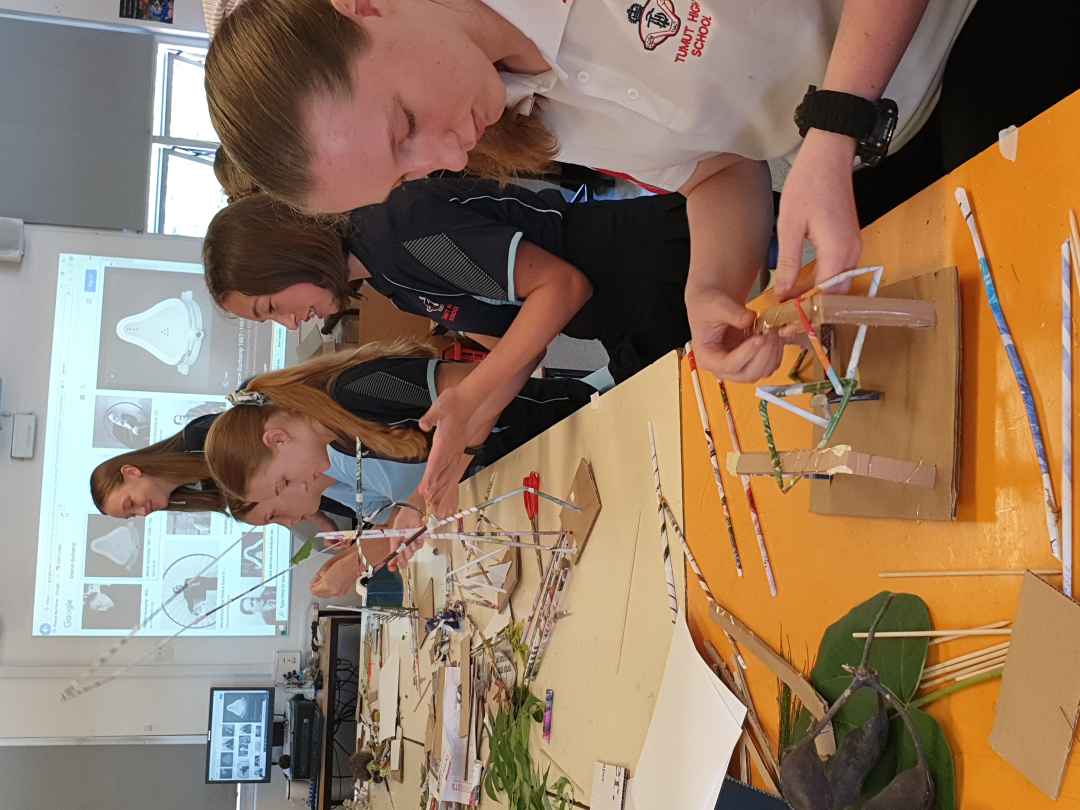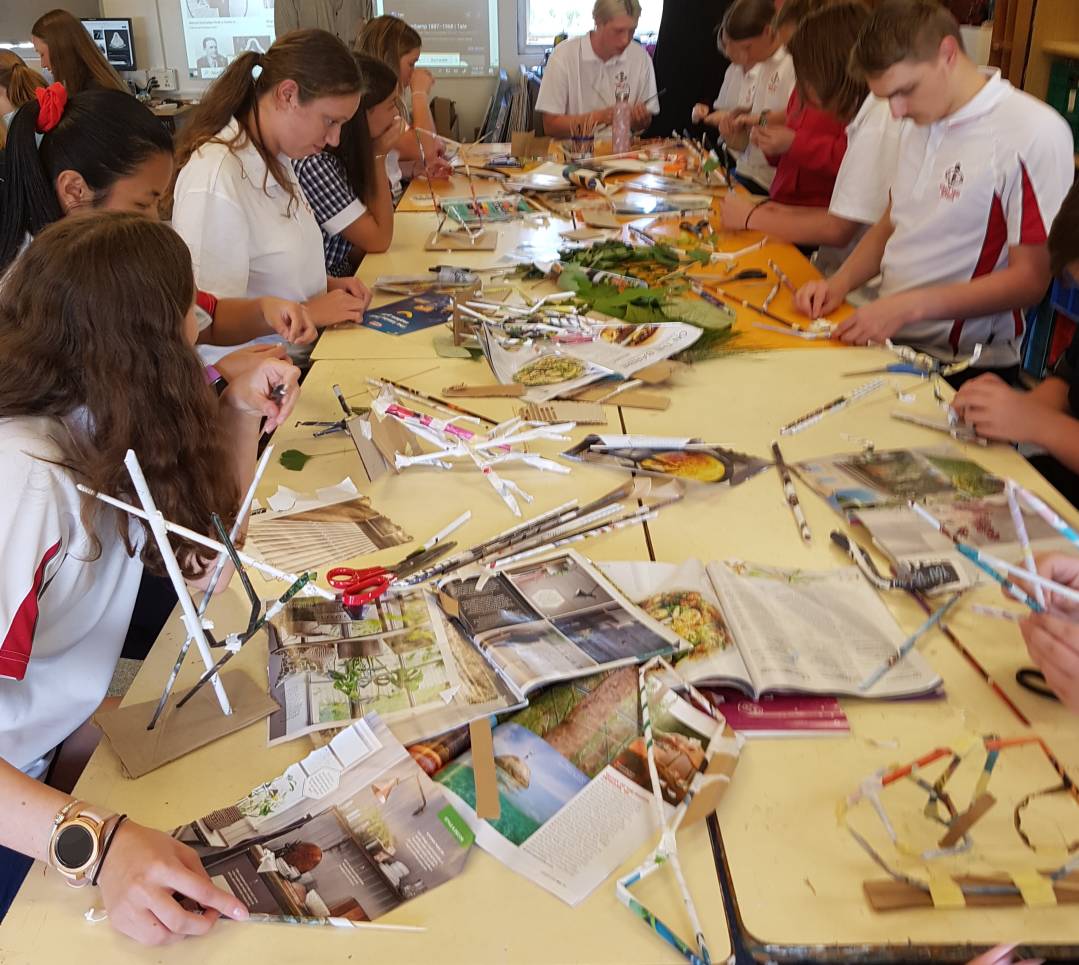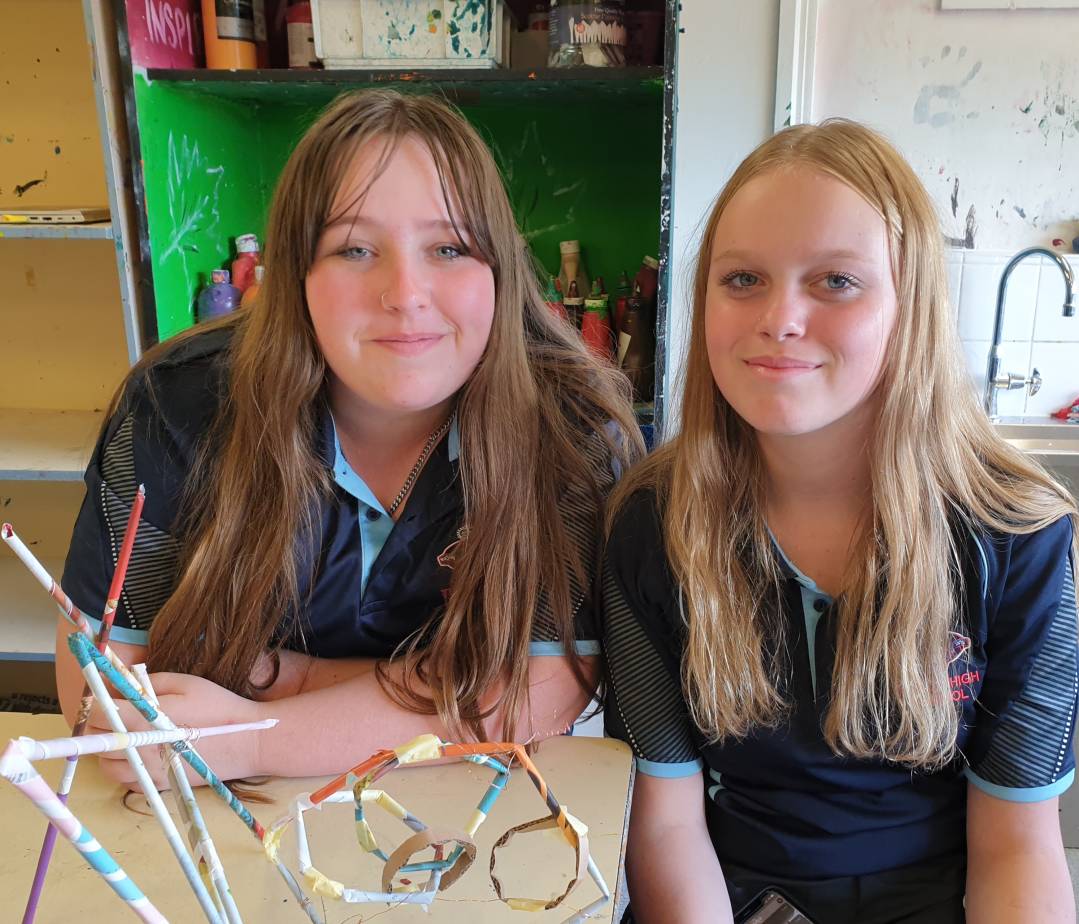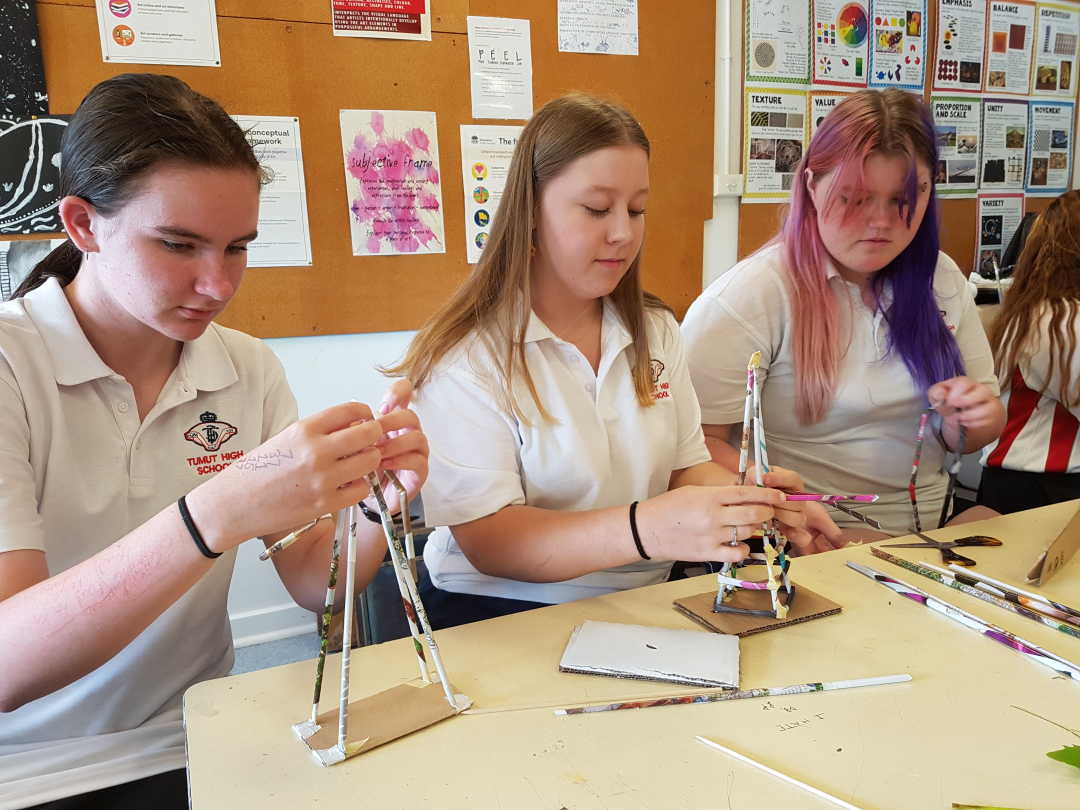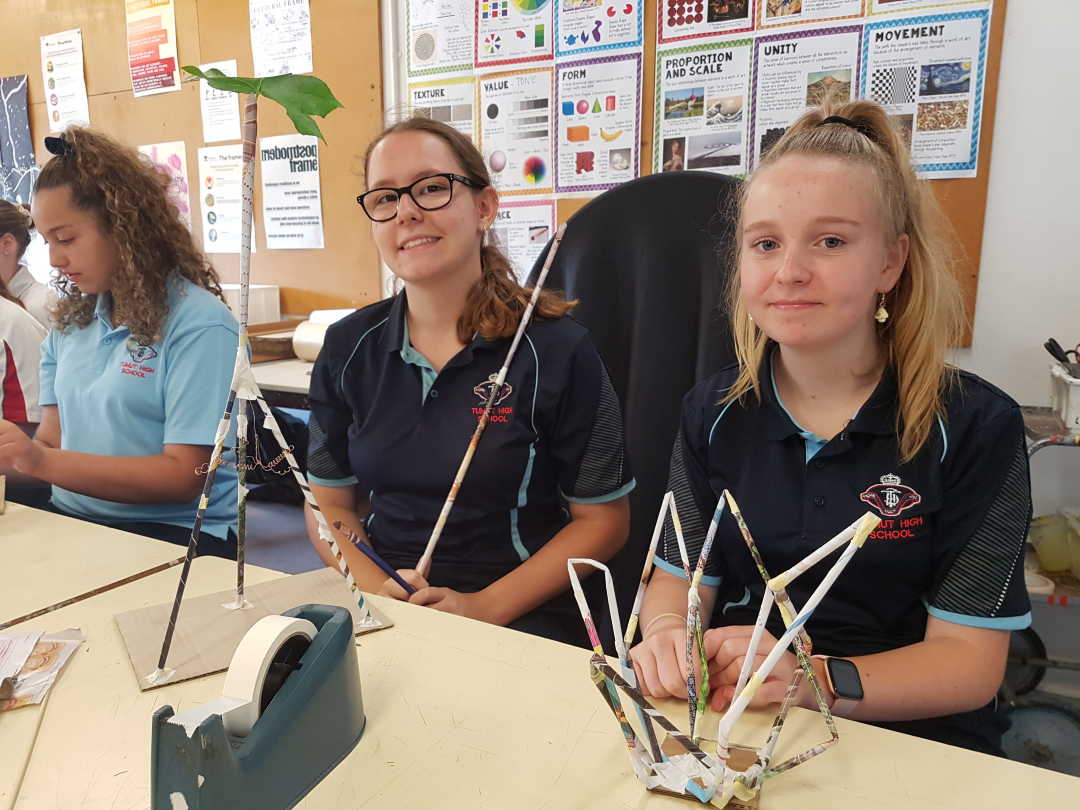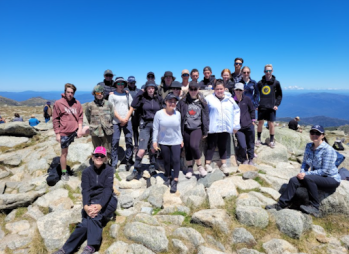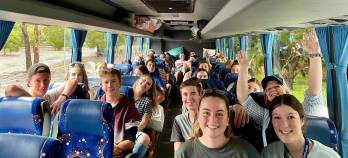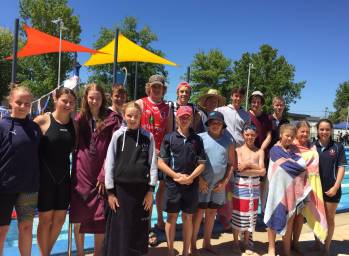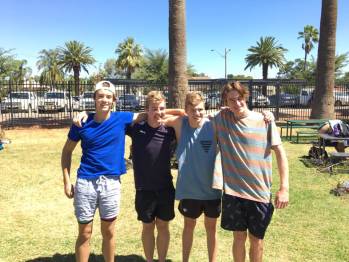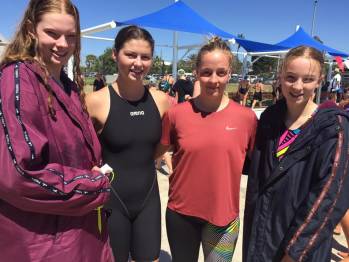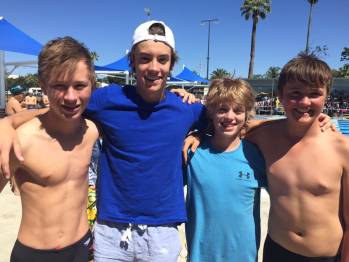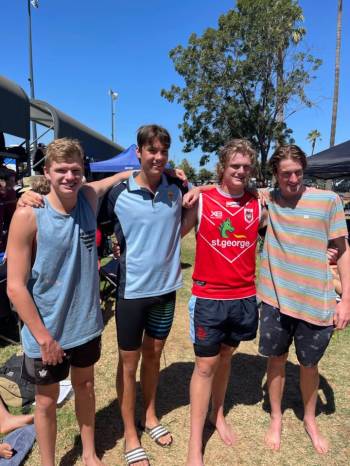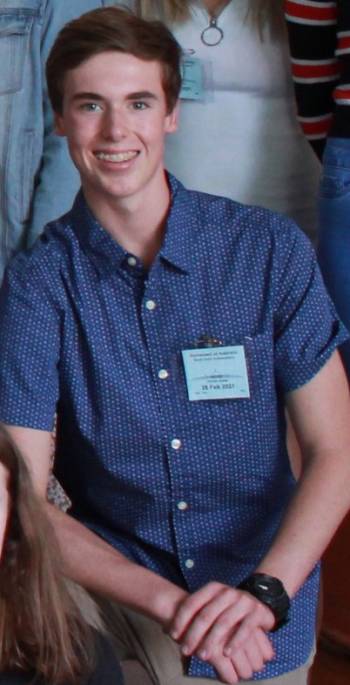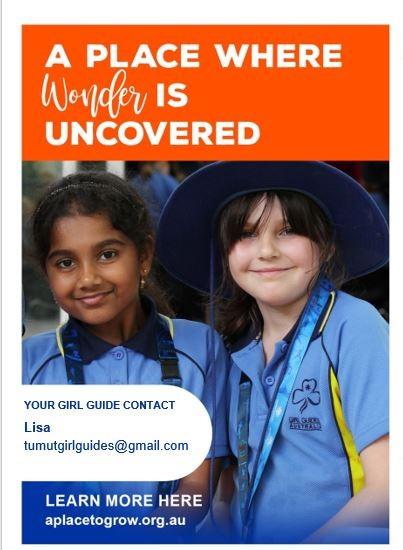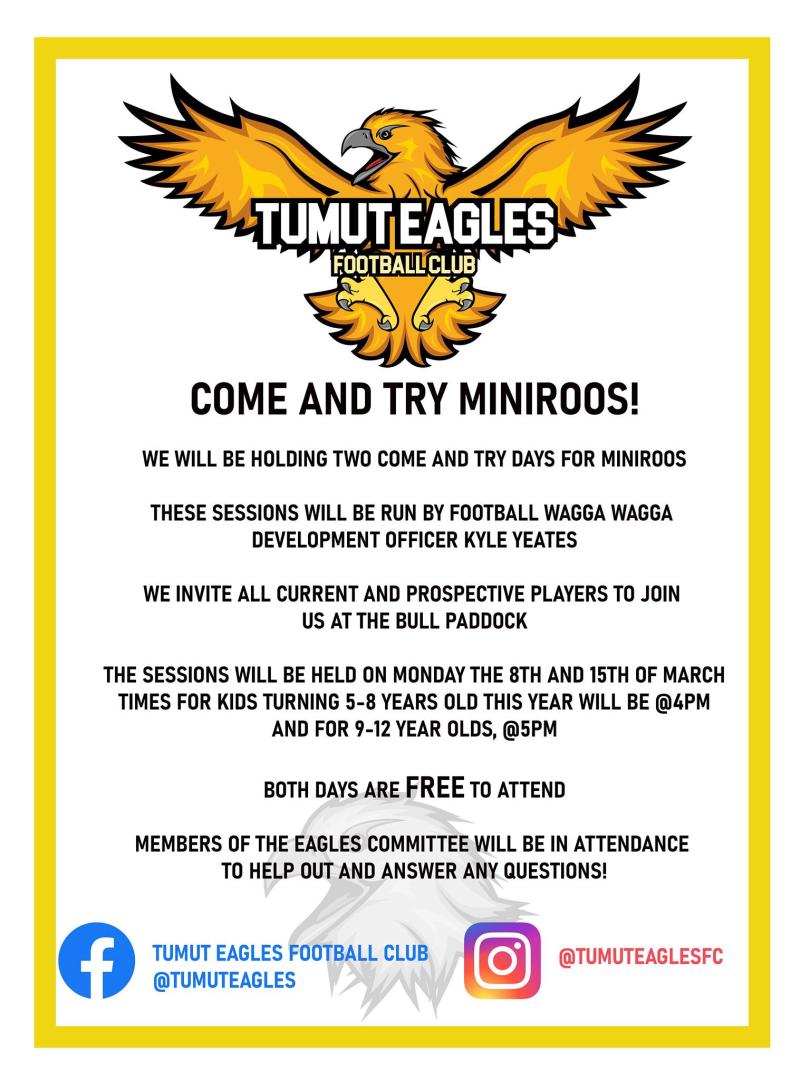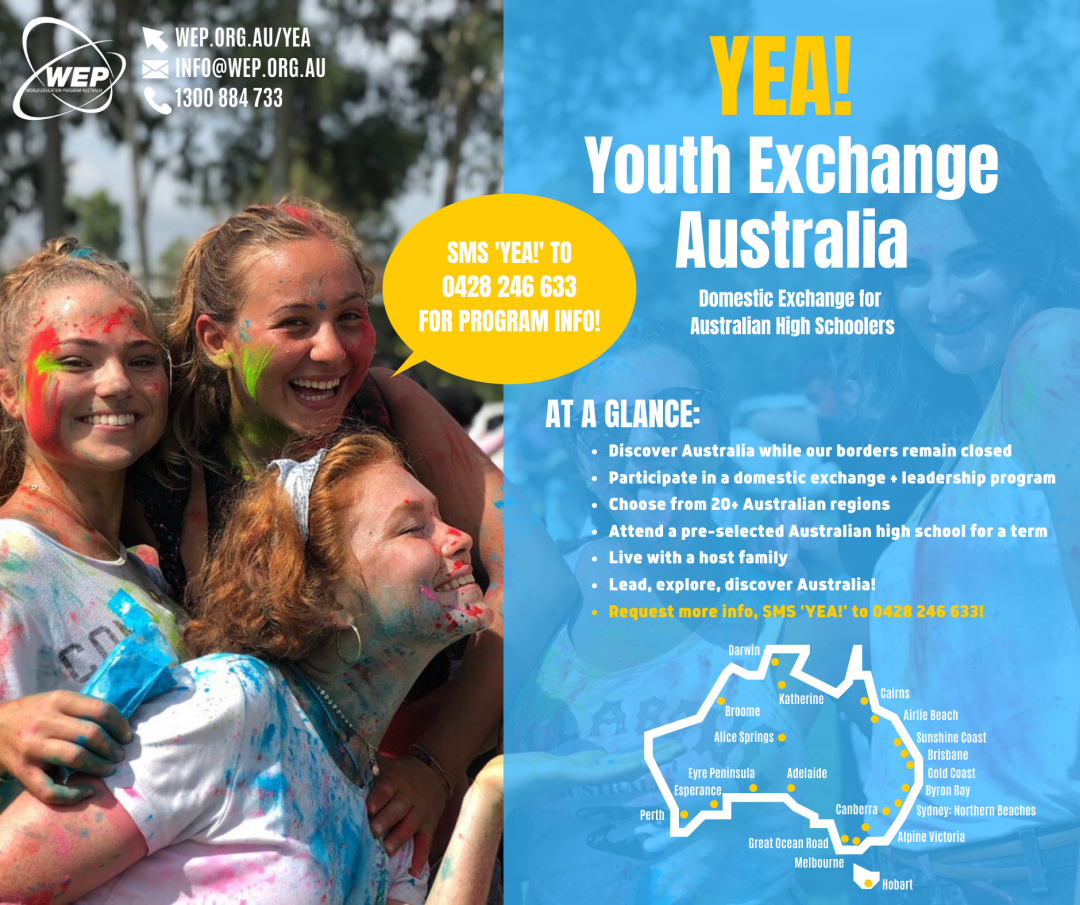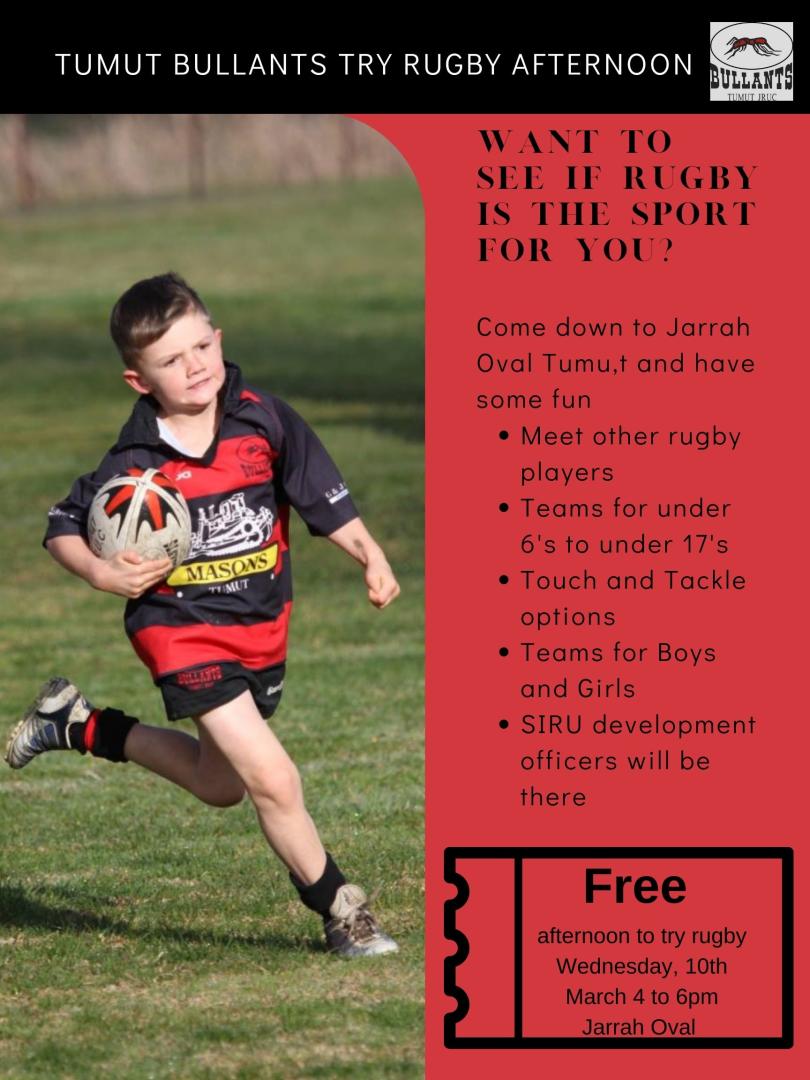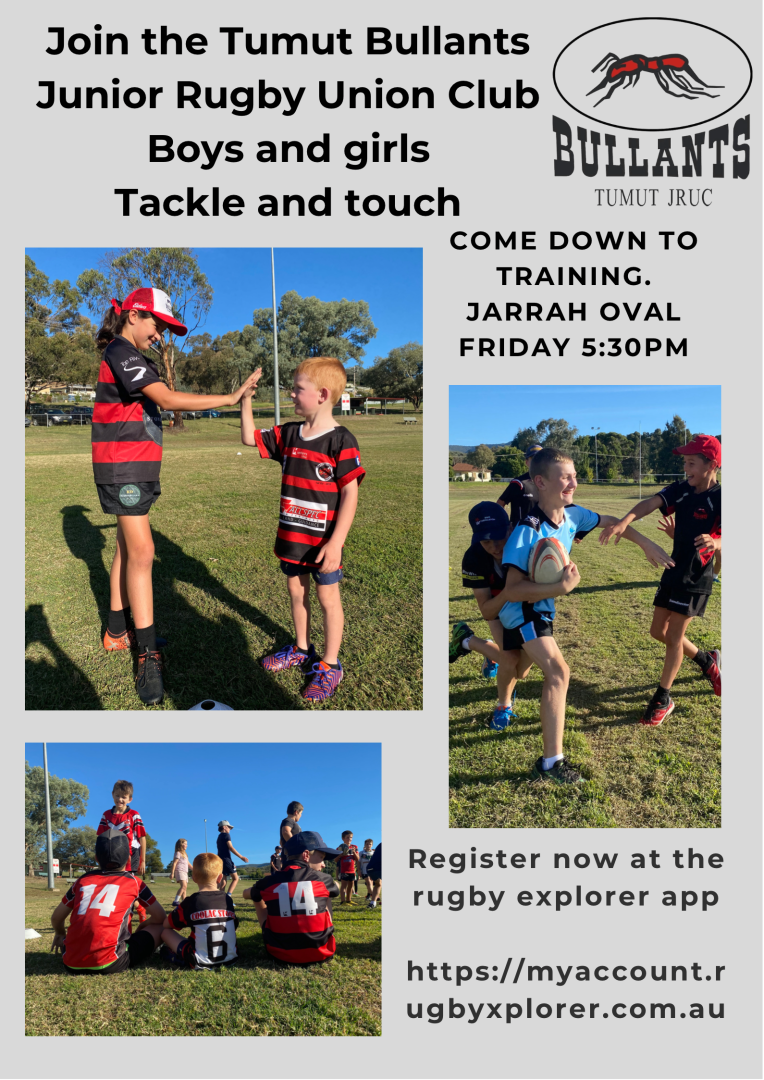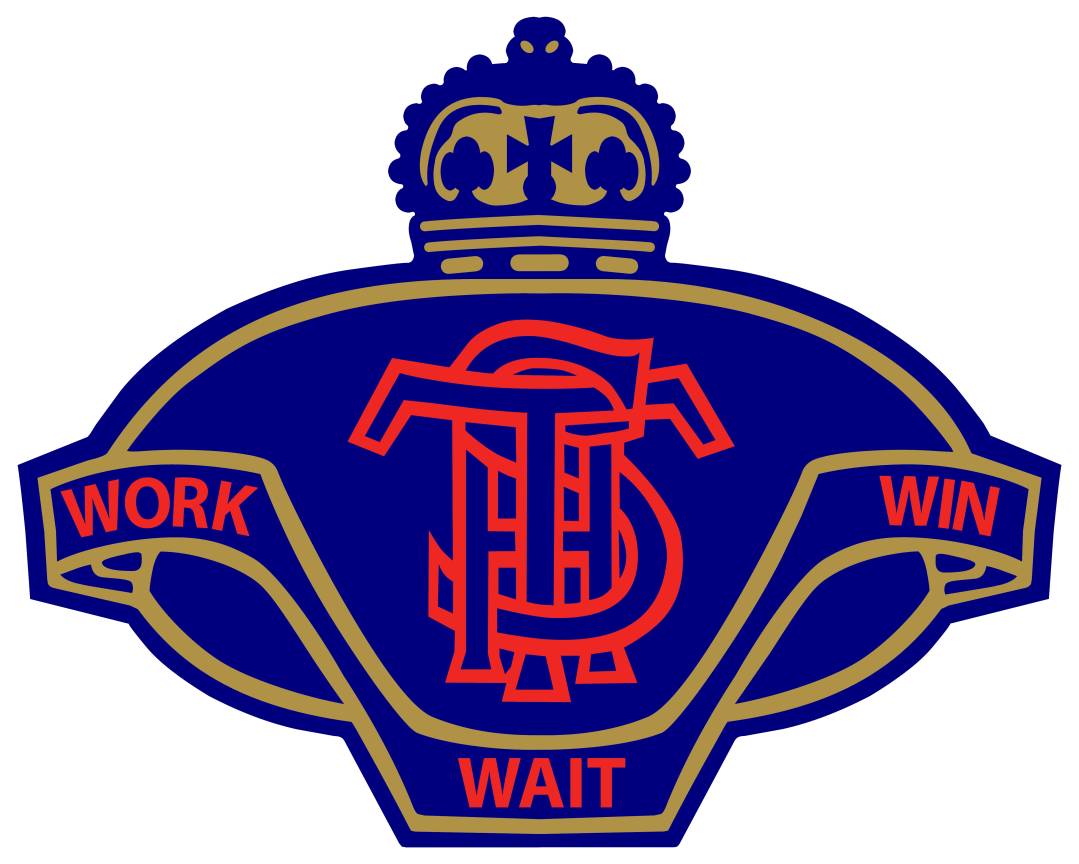From places as remote as Streaky Bay in SA, Yanakie in Victoria, and Tumut NSW, 18 rural and remote young Australians including myself travelled to Canberra to meet with Federal Ministers and education officials to share their thoughts on rural and remote education across Australia. Over the course of three days, we attended several meetings to speak on behalf of their peers all over the country.
The National Forum in Canberra was the outcome of a year-long leadership program delivered by the Country Education Partnership (CEP) across New South Wales, South Australia, and Victoria. The program aims to develop leadership skills of rural and remote young people, while also providing a formal, national voice for rural students on issues affecting their education and communities.
The forum began at Parliament House, where we met with The Hon. Dan Tehan, MP and Minister for Trade, Tourism and Investment, his chief of Staff, and advisors. We shared our stories, ideas and proposals with the Minister and his staff about schools working together, mental health, and after school information. After this meeting, we met with our respective local politicians and discussed the national forum and their proposals. The final meeting of the day was with The Hon. Andrew Gee, MP, Minister for Decentralisation and Regional Education. We again talked about what we had talked about in our previous ministerial meeting, though better after the mornings practice. Minister Gee asked us to provide more details about our ideas so he can take it to the Department of Education, Skills and Employment and the National Education Council.
Thursday started with a meeting with Robbie Beale from the National Careers Institute (NCI). Mrs Beale consulted the Ambassadors for feedback on the NCI’s delivery of “Your Career” information nationwide. A discussion followed, and we shared ideas about how delivering this information to school leavers in Australia could look in the future. We then met with Kristy Van Oome and Marie Schneider from the Regional University department, who led a discussion on how the Country University Network could best support rural and remote young people to attend tertiary education in rural communities. After lunch, the group met with the Education Minister The Hon. Alan Tudge, MP, and The Assistant Minister for Youth and Employment Services The Hon. Luke Howart. Phil Brown, the CEO of Country Education Partnership (CEP), attended the meeting with the Ambassadors. And reflected ‘It was great to see their ideas acknowledged and encouraged through the positive response expressed by the Ministers.’ We finished the day with a short tour of the ANU campus.
Day three involved a tour of the University of Canberra campus, and a conversation with members of the Rural Education & Communities research group out of the Centre for Sustainable Communities, followed by a video conference with members of the National School Resourcing Board where we again shared our ideas about how to support mental health in schools, how schools in local geographic areas could better service their students by working together and sharing resources.
We were happy that the ministers all asked us to provide documentation of our ideas in the form of briefs, which served as an acknowledgment of the work the rural youth ambassadors from the three states have done over the past year. We think the Ministers and government organisations were impressed with our presentations and ideas and are optimistic they will take our ideas on board and will want to work with next year's group.
Thank you to all involved who facilitated many of the meetings and allowed the entire event to happen.
By Harry Bottero, Year 12
